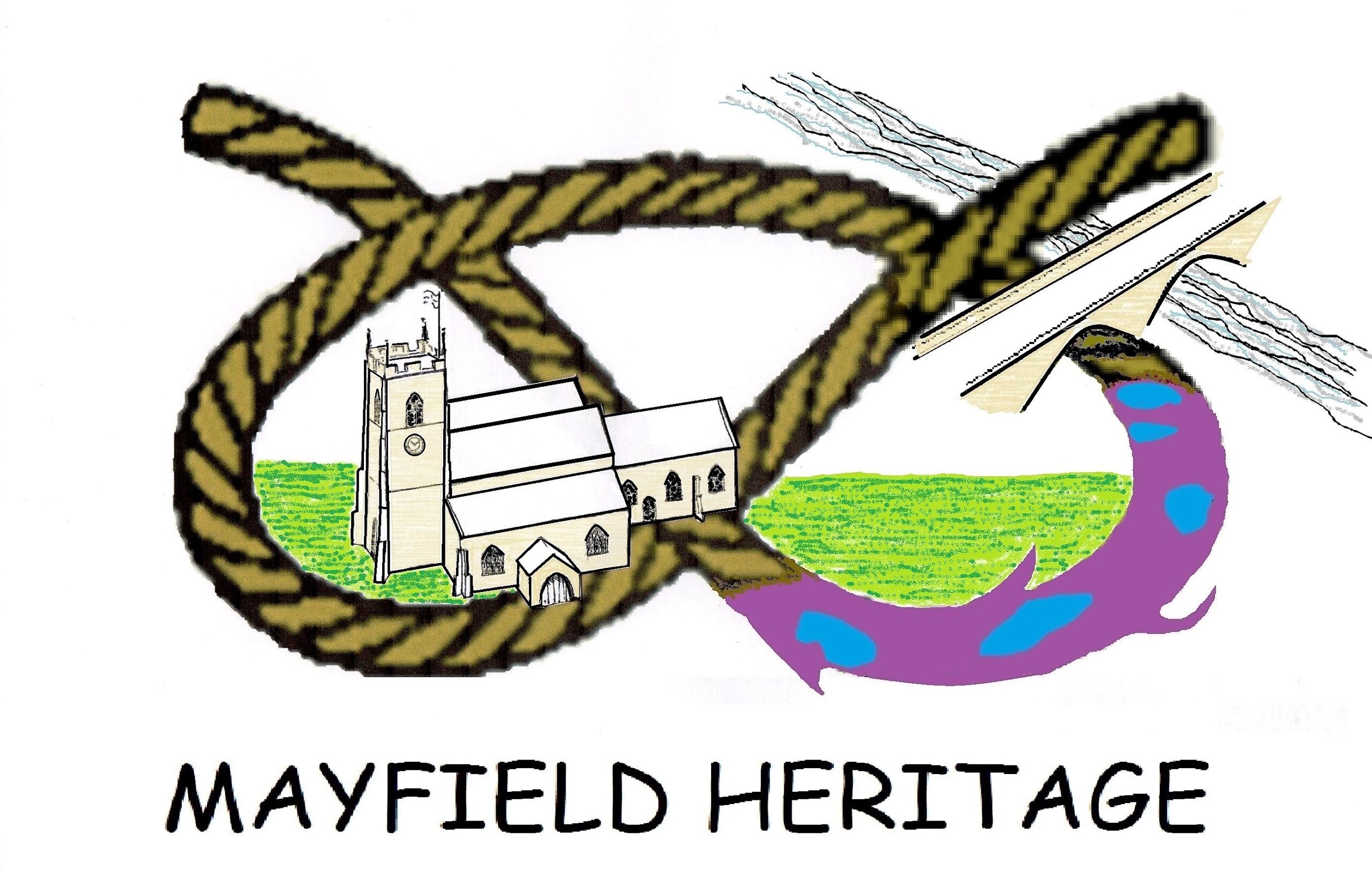
The Petitions of Thomas Whitlocke, Staffordshire,
1645-1657 During The English Civil War
By Phillip Wheeler
The Petitions
The Civil War as the name suggests affected everyone in England at some point or in some way, nothing escaped its effect. So, it was that a maimed Parliamentarian soldier Thomas Whitlocke, found himself in Mayfield, Staffordshire and near to its border with Derbyshire.
Thomas Whitlocke appears in the financial accounts of Captain Philip Jackson whose Staffordshire raised Company of pikemen and musketeers was in the besieging forces of Chillington Castle, Staffordshire. On the 26th of August 1643, ten days after its surrender Jackson paid 8 officers and 28 men Whitlock and his comrades were paid 4 shillings and 8 pence (about 27 new pence). Based on the later New Model Army’s foot soldier pay rates, this equated to 8 old pence/day for 7 days and was the daily rate for a musketeer.

After the siege Jackson’s Company is known to have taken part in at least four sieges and several ‘fights’ throughout the County, even venturing into Cheshire and Shropshire.
In one of these encounters Whitlock received his injuries and was being cared for in Mayfield on the Staffordshire-Derbyshire border as his next written appearance shows.
Petition in 1645
From the Staffordshire Order Book on the 15th of January 1645 (New Style), when the Stafford Committee noted that; –



The description of William Orme as being a ‘Delinquent’ was a term used by Parliamentarians to denote anyone having sympathy or giving support for the King.
The Committee’s noting of the detailed chronology of Whitlock’s care, presupposes that this was a response to representations to them from either Ashton or Whitlocke. Unfortunately for Whitlocke Even with Lieutenant Colonel, Philip Jackson’s endorsement, no gratuity or pension was made to him. But his accommodation, diet and medical care were to be reimbursed to his host. This was not at a cost to the County Committee. Instead, with a touch of irony, they ordered these costs to be taken from the host’s Royalist landlord William Orme.
Several years later
Thomas Whitlocke petitions County of Stafford again.

Here we learn a little more about his injuries not only was his thigh broken but he had also been shot in the leg and they were not healing. There are unfortunately no references in either of Whitlocke’s petitions to where he was from, of dependants or carers of him. The location of where he was maimed is also not noted, which makes his convalescing with such a debilitating injury at Mayfield puzzling.
Petition in 1657
That might have been the last we are able to see of Thomas Whitlocke of somewhere in Staffordshire. But something did change in his life, albeit that he was to endure a harsh soldier’s life.
He appears to have been granted the normal maimed soldier’s pension of 40 shillings a year (£2). This equates to a monthly income of 3 shillings and 4 old pence, at some point in the intervening years payment of this stopped. His next petition of 14th July 1657 explains why; –

The Committee’s accompanying note of the same date states, that Whitlocke had been in Ireland for five years until his recent return. The maimed soldiers’ treasurer had therefore ceased paying his pension, as army pay would now be forthcoming albeit intermittently. The possibility of him being single made him preferable to being picked for army soldiering rather than a married man, even though Whitlocke’s wounds throughout the intervening years had still not healed.
A deterrent to maimed soldiers appearing at the Sessions in person was apart from the severity of their injuries preventing them, the financial cost of travelling to and from Stafford with overnight accommodation was prohibitive. However, despite not being able to verify Whitlock’s injuries the Quarter Session Court recommended his pension, unless evidence to the contrary was shown.
[1] The National Archive (TNA) ‘The Accounts of Philip Jackson’ SP28/134.PT2. f26.
[1] D.H.Pennington and I. Roots. The Committee at Stafford 1643-1645. Staffordshire Record Society, 15th January 1645 New Style. Staffordshire Historical Collection (SHC) 4th Series Vol.1. (1957) p.241. (hereafter; SOB.)
[1] Quarter Session Roll QSR 299 f14. 14th July. Midsummer 1657. Quarter Session Roll QSR 279 doc.7. Micro-film. May-September 1652.
